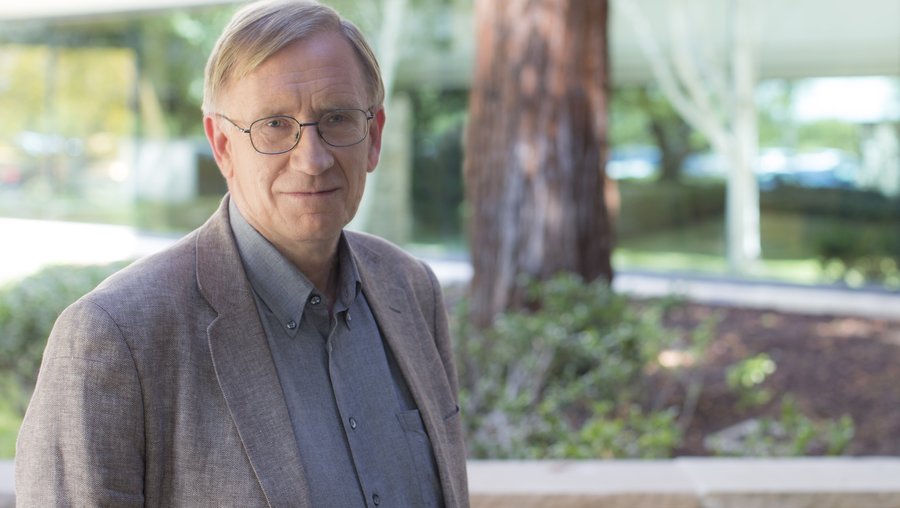Ayasdi, the only startup to spring from Stanford University's math department, raised $55 million to help it apply machine intelligence to complex data problems.
The Menlo Park startup said that the Series C round was led by Kleiner Perkins Caufield & Byers and joined by a pair of other new investors: Centerview Capital Technology and Draper Nexus. Existing investors that participated are Institutional Venture Partners (IVP), Khosla Ventures, Floodgate and Citi Ventures. Ayasdi has now raised more than $100 million.
The company works with Fortune 1000 customers who include Citigroup, Credit Suisse, Siemens, Lockheed Martin and others in financial services, technology, health care, government and life sciences. It reported 400 percent growth in bookings and deal size in the fiscal year that ended in January, with the typical customer signing up for more than $1 million.
Ayasdi also announced partnerships with others working in Big Data, including Cloudera, Hortonworks, Intel and Teradata.
The company was founded in 2008 by three Stanford mathematicians — CEO Gurjeet Singh, Harlan Sexton and Gunnar Carlsson, the former chair of the math department at the university.
It applies a type of math known as topology that Carlsson pioneered. It looks for shapes in data to solve real-world problems.
"Our software is particularly well adapted to solving complex and very significant business problems," Carlsson told me. "These are problems you can't solve routinely with other simpler methods."
"We feel machine intelligence is the killer app for Big Data," he added.
Among the insights that Ayasdi claims it has helped financial services clients with are consumer credit decisions, the development and accuracy of risk and regulatory models, optimizing services for private banking clients and improving fraud detection.
In life sciences, the company said its technology is distilling massive amounts of clinical trial data into therapies, expediting biomarker discovery, detecting adverse events early, averting late-stage failures and helping to figure out who to target for tests.
"Machine intelligence is one of the breakthrough innovations that will drive the next information and productivity wave in the coming decade," Kleiner Perkins partner Ted Schlein said in a press release about the funding.
Click here to subscribe to TechFlash Silicon Valley, the free daily email newsletter about founders and funders in the region.
